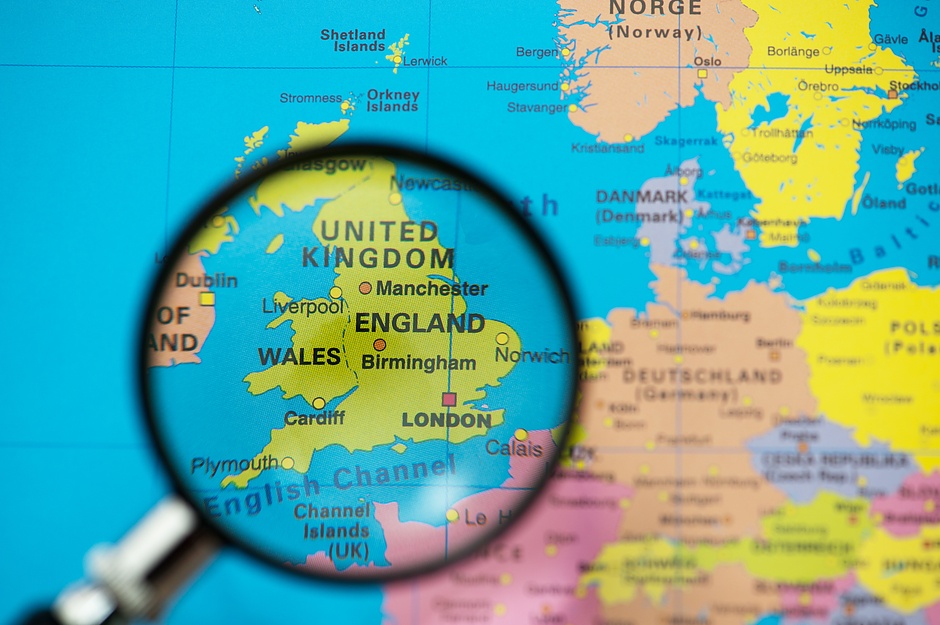Summer reading list

With the holiday season almost upon us we are launching our summer reading list. The Economics Team read dozens of articles to come up with our top six picks for summer reading. All are available free and on-line. You can save these articles on your iPhone or iPad's reading list by opening the links on Safari and tapping on the share arrow next to the address bar. To print these articles please use the print icons, where available, on the webpages to ensure the whole article comes out. The Monday Briefing will continue to run throughout the summer.
Since the Industrial Revolution each generation in the UK has been around 25% better off than their parents. Rising prosperity has been driven by rising productivity – producing goods and services more efficiently. The standstill in UK productivity since the global financial crisis poses a power threat to the idea of rising prosperity across generations. This speech by the Bank of England's Chief Economist, Andy Haldane, provides a powerful account of what has gone wrong (19 pages and 17 pages of charts).
http://www.bankofengland.co.uk/publications/Documents/speeches/2017/speech968.pdf
In recent years the US has witnessed a strange phenomenon, as young American men opt out of work, or, in some cases, never start work. In the last 15 years the employment rate for men in their twenties without a college education has dropped from 82% to 72%. Young men are delaying key life events, such as buying a house and getting married, in favour of staying at their childhood homes and spending money and time on leisure activities. This article examines the trade-off between returns from work and returns from leisure and asks whether the lure of computer gaming may explain why so many young American men are forsaking work (10 pages).
https://www.1843magazine.com/features/escape-to-another-world
Economics and economists have had a mixed press in recent years. The financial crisis and its aftermath highlighted the fallibility of economic forecasts. Some claim that in economics “you believe what you want to believe”. This seems harsh. Nonetheless, we enjoyed this article which draws parallels between economics and religion – “its moral code promises salvation, its high priests uphold their orthodoxy. But perhaps too many of its doctrines are taken on faith” (6 pages).
https://www.theguardian.com/news/2017/jul/11/how-economics-became-a-religion
US corporates have amassed $2 trillion of cash as profits outstrip their own spending. What should companies do with this surplus cash? This article contrasts two tech giants, Apple and Google, and their approaches to distributing cash (6 pages).
https://www.theatlantic.com/business/archive/2017/07/apple-google-capitalism/532995/
What will the world economy look like in 2067? This article by Kaushik Basu, the former Chief Economist at the World Bank, thinks global GDP growth could be running as high as 20% per year in 50 years’ time. Basu thinks the digital revolution could yet transform growth rates. Among all the current gloom about debt, demographics and low productivity it’s a relief to find an economist who thinks the future may be brighter (3 pages).
https://www.brookings.edu/opinions/the-global-economy-in-2067/
The ‘gig economy’ is a hot topic. Some charge that it is creating a new world of low skilled, low paid and insecure work; others believe it is enabling more people to combine work with other activities and responsibilities and, in the process, creating valuable new services. This fascinating New York Times article addresses the changing nature of work in the UK, drawing on the experience of London Uber and black cab drivers to explore issues of “immigrant versus native, old versus new, global versus national” (10 pages).
https://www.nytimes.com/2017/07/04/world/europe/london-uk-brexit-uber-taxi.html
PS - Last week the independent Office of Budget Responsibility delivered a powerful rebuke to those seeking to "end austerity" - and a fillip to the government's programme of debt reduction. The OBR said that the UK needed to make more use of current growth to reduce public sector borrowing. The OBR stress tested the government's finances using the same methodology that will be used to test banks' balance sheets and found that a recession would lead to an alarming and rapid rise in public sector indebtedness. Quantitative Easing and heavy issuance of inflation linked bonds have made the national finances significantly more vulnerable to higher interest rates and inflation than before the financial crisis. Robert Chote, chairman of the OBR, noted said the UK's public finances needed to be better prepared, "for the nasty surprises that come down the road”. Sir Charlie Bean, a member of the OBR said, “Inevitably there will be some bad surprises . . . We don’t necessarily know what they will be but you sure as hell should prepare for bad news at some point".
Author

Ian Stewart
Deloitte
Ian Stewart is a Partner and Chief Economist at Deloitte where he advises clients on macro-economics and financial markets developments.

















